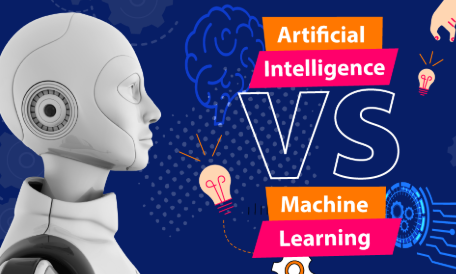A Beginner’s Guide to Quantum Computing
Quantum computing represents a paradigm shift in processing information. Central to this technology are qubits, which differ fundamentally from classical bits by existing in multiple states at once. This property, combined with quantum entanglement, enables unprecedented computational capabilities. As industries explore these advancements, the implications for fields like cryptography and pharmaceuticals become increasingly profound. Understanding these concepts is essential, as the future of computing hinges on this emerging technology. What lies ahead could redefine problem-solving itself.
Understanding Quantum Bits and Their Role in Computing
Quantum bits, or qubits, serve as the fundamental units of information in quantum computing, analogous to classical bits in traditional computing.
Unlike classical bits, qubits can exist in quantum states that allow for bit superposition, enabling them to represent multiple values simultaneously.
This property enhances computational capability, providing a pathway to solve complex problems more efficiently than conventional systems.
Read more: The Difference Between AI, ML, and Deep Learning
Key Principles of Quantum Computing
Several key principles underpin the functioning of quantum computing, distinguishing it from classical paradigms.
Quantum superposition allows quantum bits to exist in multiple states simultaneously, enhancing computational power.
Meanwhile, quantum entanglement creates correlations between qubits, enabling instantaneous information transfer across distances.
Together, these principles facilitate complex problem-solving capabilities that classical systems cannot achieve, marking a significant advancement in computational technology.
Real-World Applications and Future Potential
As advancements in quantum computing continue to evolve, numerous real-world applications are beginning to emerge, showcasing its transformative potential across various sectors.
Quantum cryptography promises unbreakable security in data transmission, while its capabilities in drug discovery enable the simulation of molecular interactions, accelerating the development of new therapeutics.
These innovations illustrate the profound impact quantum computing may have on society’s future.
Conclusion
In summary, the realm of quantum computing, with its sophisticated qubits and remarkable principles, presents a transformative paradigm shift in computational capabilities. As industries stand on the precipice of this technological renaissance, the implications extend far beyond mere efficiency, heralding a new epoch of innovation and discovery. Ultimately, the continued exploration of quantum phenomena not only promises to enhance our computational arsenal but also invites a profound reimagining of the very essence of problem-solving in an increasingly complex world.






